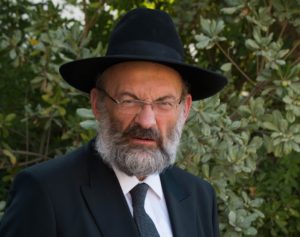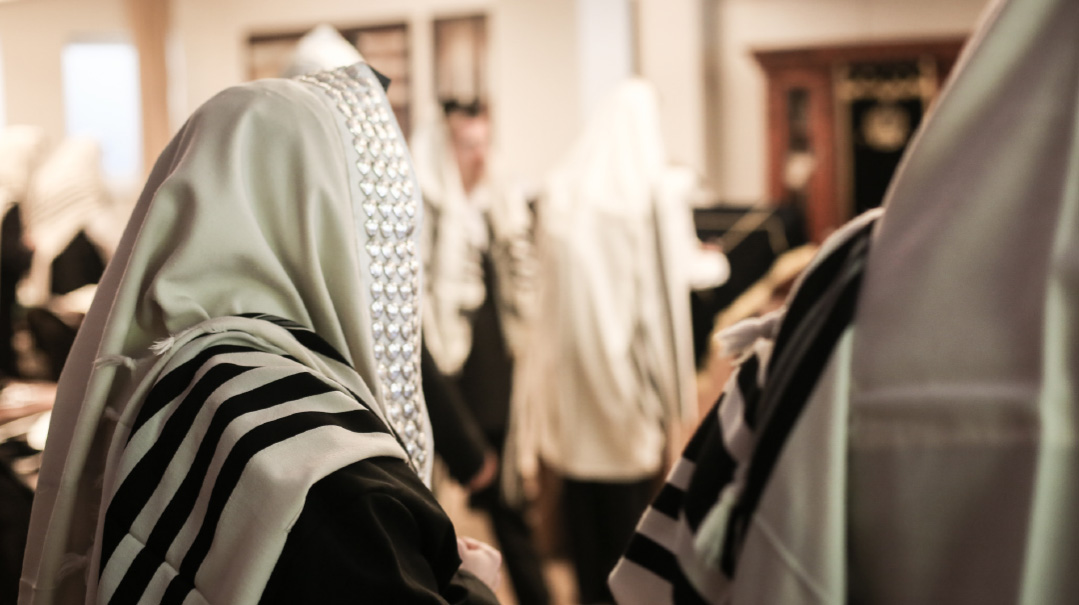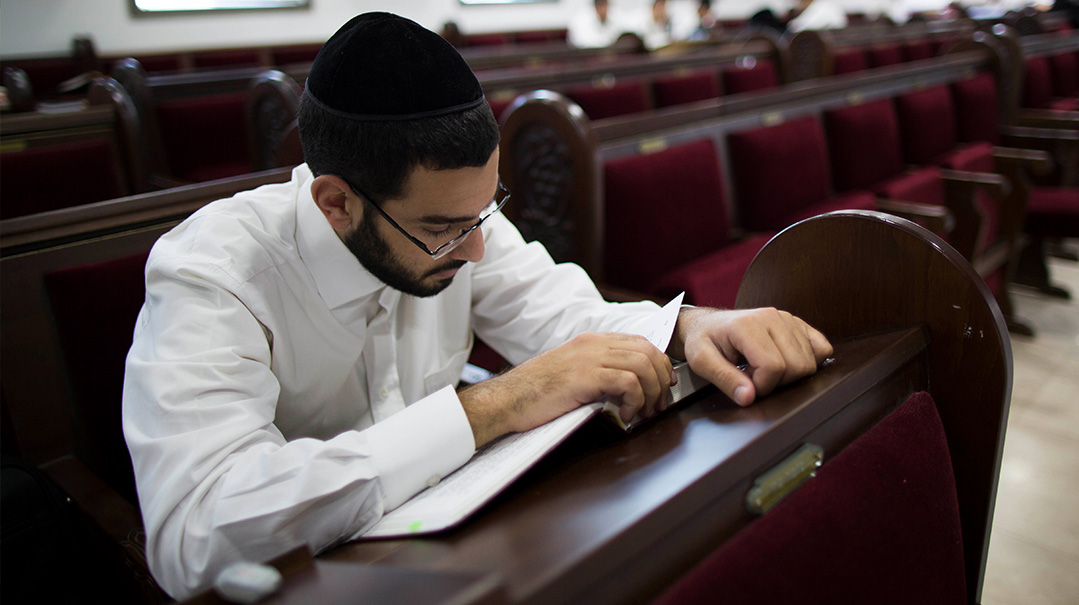Reclaiming Our Children


In his recent article “In a Class of Their Own” Yisroel Besser highlighted the advantages of private tutoring for struggling or gifted students who experience “a boring day in school.” He alluded to children who have learning disabilities or ADHD who do indeed need individual outside attention. But he spoke mainly about children who at present are in mixed-ability classes and need extra outside tutoring.
I would like to suggest a different approach for dealing with mixed-ability classes. Undoubtedly the tutors the writer referred to are charismatic and very knowledgeable. When a child has a tutor of this caliber his school rebbi will automatically be relegated to second fiddle in the child’s mind and often in his parents’ minds as well. Before long the rebbi becomes irrelevant.
The article also refers to the financial burden of tutoring. Even with some reductions parents pay tuition anywhere from $3 000 to $13 000 per annum depending on the grade level. Add to that a tutor’s fee of between $50 and $100 an hour (with no reductions) which can amount to an additional $6 000 per year!
As Rabbi Mashinsky said in the article: “Parents can barely make their regular tuition payments and the institutions have tremendous difficulty covering their operating budgets.” The answer suggested is that philanthropists should invest in remedial programs. A good idea!
The answer I propose however is not to provide remedial programs for individual students but to support the expansion of facilities and add more rebbeim within schools. Classes can then be split according to ability so that all the children will remain fully ensconced in school and a sense of achdus the most important asset will be achieved! (Parents of very weak children may wish to supplement their child’s instruction with tutoring but have the tutor coordinate with the rebbi and agree never to undermine the rebbi even if he feels for example that the rebbi has explained the Gemara incorrectly.)
Allow me to preface my proposal. We are all aware of the devastating number of teenagers who are opting out of vibrant Torah communities and even turning to alcohol and/or drug abuse. There are many causes for this trend some of which are dependent on family issues or personal or social behavioral patterns that have gone unaddressed. But I would like to address primarily the situation with boys and discuss a communal issue that causes some to fall into the trap of escapism.
When I served as a mechanech in England — where I lived until 1996 first as a kodesh teacher for ten years in London for boys aged 11 to 18 and then for 20 years in Manchester as principal of the Bais Yaakov Jewish High School for Girls responsible for both kodesh and chol for the same ages — standard procedure was to divide the students based on ability (tracking). In the boys’ school kodesh subjects that required stage-by-stage progression such as Gemara and Chumash with meforshim not all pupils were capable of advancing at the same rate so the classes were split into A and B groups and sometimes even C groups and all students attained a sense of achievement.
As principal of the Bais Yaakov I continued with the tracking policy. Girls who were accepted into the school took entrance examinations in kodesh and chol for the sole purpose of placing them within the appropriate academic track. The track could be altered during the student’s school career when it was beneficial for the student.
I must stress that parents in England generally accept the fact that their sons and daughters — especially those who are weaker students — would benefit greatly if allowed and encouraged to go at their own pace. There was no social labeling or stigma!
The question is: Are American parents prepared for their children to be separated according to their ability? (Rav Aharon Leib Steinman shlita has made reference to an element of gaavah that often influences parents’ decisions regarding their children’s chinuch.)
Is it possible to alter the existing system from mixed-ability kodesh teaching to tracking in communities such as New York Lakewood and others where there is a great emphasis on Torah learning?
Some might object that this would cost more in terms of hiring more rebbeim and having larger facilities. Menahalim might fear that their mosad will become known for accepting weaker boys (which they do anyway for children of more influential parents). And rebbeim generally do not want to teach weaker boys.
So what?!
Let’s take Lakewood where I reside as an example. There are numerous schools and the number of children in the community grows year by year bli ayin hara. Each school is generally outstanding and has a good name in the community. Schools provide services for children who have specific learning disabilities such as dyslexia or some compulsive-disorder problems. But the children we are discussing here do not qualify for this sort of individual attention. They have no behavioral or educational deficiencies. They are simply less able to absorb knowledge at the speed needed to reach the standard of the more intellectually gifted students.
I have asked rebbeim how they cope with mixed ability in their classroom. The classic reply is: “We have to do the best we can ” but they acknowledge that weaker students do not progress so well. “But ” they add “they are learning something!” Or “They are tutored after school.”
Is this the answer?
Tracking should start from grades seven and continue throughout mesivta. Some have expressed apprehension that boys in the weaker group in seventh and eighth grades would have no chance of being accepted into “good” mesivtas. This should not be an obstacle because even in the present system mesivtas know which boys are weaker and they do not accept them. Furthermore so-called weaker boys separated through tracking will progress much more than the weaker boys in a mixed-ability class.
We are dealing with pikuach nefesh. Children who do not succeed in school have low self-esteem. They are not happy. Often they do not meet the academic standards hoped for by their parents and cannot cope with pressure not only from school but also at home. Home which is meant to be a refuge is no relief. So they look for areas where they can “succeed” and be “happy.” Everyone has a yetzer hara and where there is a vacuum the yetzer hara rushes in to fill the void and we know that there are Rachmana litzlan countless opportunities on our doorsteps today. This leads to secrecy and lies and we know the rest of the story….
There has to be a communal sense of responsibility to look after the weaker children. The answer is certainly not to provide rebbeim for tutoring which imposes extra time outside of an already heavy school schedule on pupils who need time to relax. This is a retrograde step.
If the tutoring takes place during school time these boys are not fully participating in class lessons and are thereby further alienated from the rest of the class academically and even socially.
And the extra expenses for private rebbis is simply unaffordable for many families.
Some schools have formally arranged “shidduchim” between weaker pupils and rebbeim to tutor them. Schools are obligated to teach each child according to his ability since parents pay tuition. By setting the children up with rebbeim they are shirking this responsibility. One often hears at graduation ceremonies or annual dinners how each child is cared for. Is that true? Caring for students means that they are being taught within the school framework and on school time.
Tracking is by no means the full answer to today’s problem of addiction and dropouts. But this aspect is one of the easier problems to solve and it is bound to restore the happiness of some parents and some of their children b’ezras Hashem.
(Originally featured in Mishpacha Issue 687.)
Rabbi Moshe Young served as a educator in England for 30 years and was the founder of the Manchester Beis Sarah Schenirer Seminary. He currently resides in Lakewood and teaches at the Bais Yaakov Seminar L’Moros in Boro Park and at the Lakewood Bais Yaakov Seminary. He has authored Apples from the Tree (Israel Book Shop) Whose Love Is Greater? (Hamodia) and Partners in Growth (Feldheim).
Oops! We could not locate your form.













